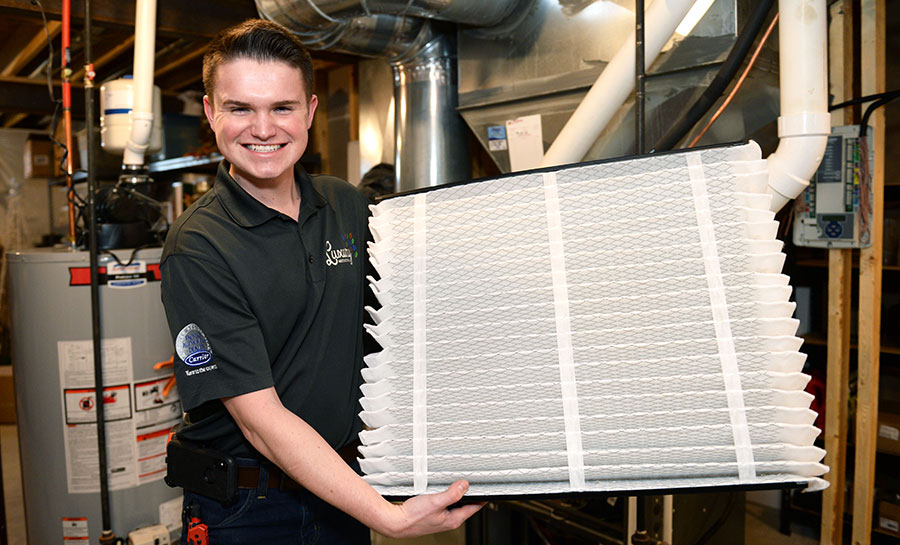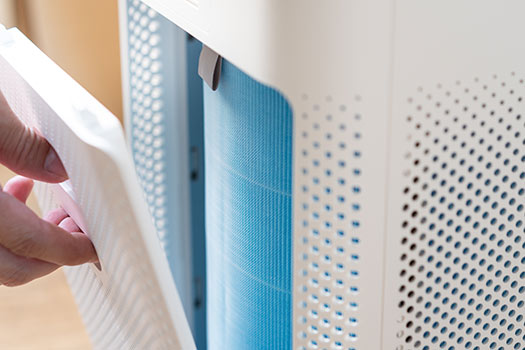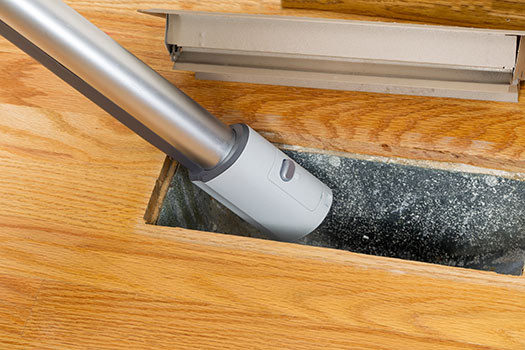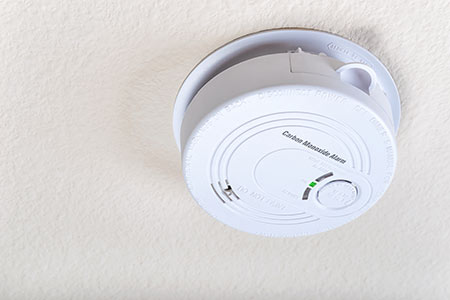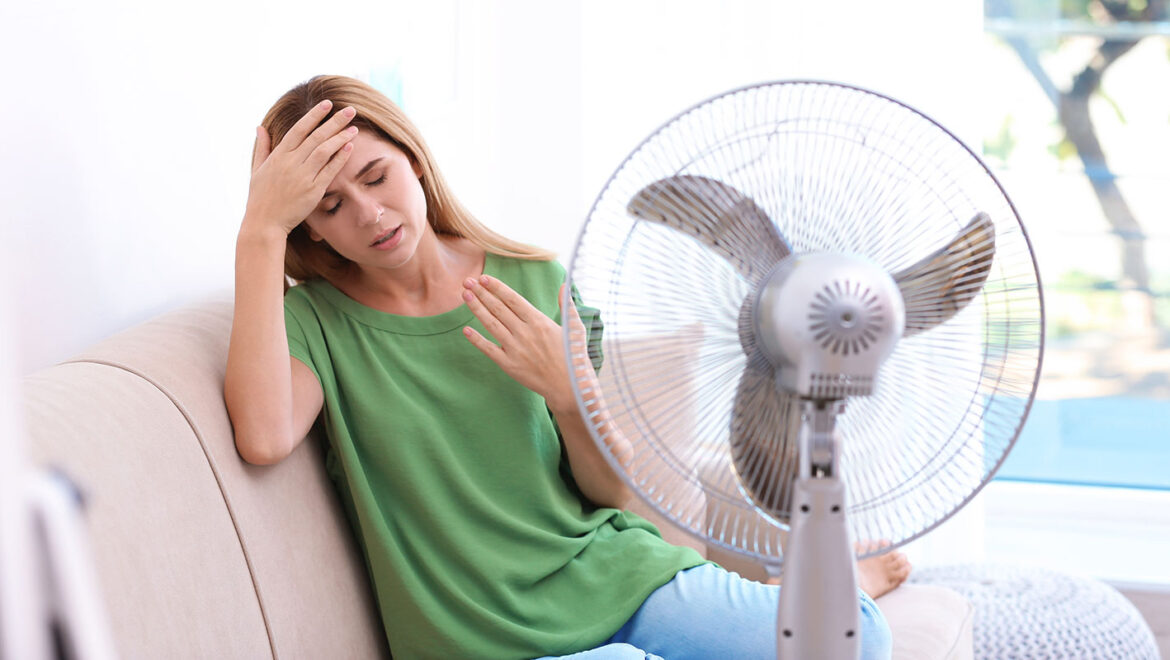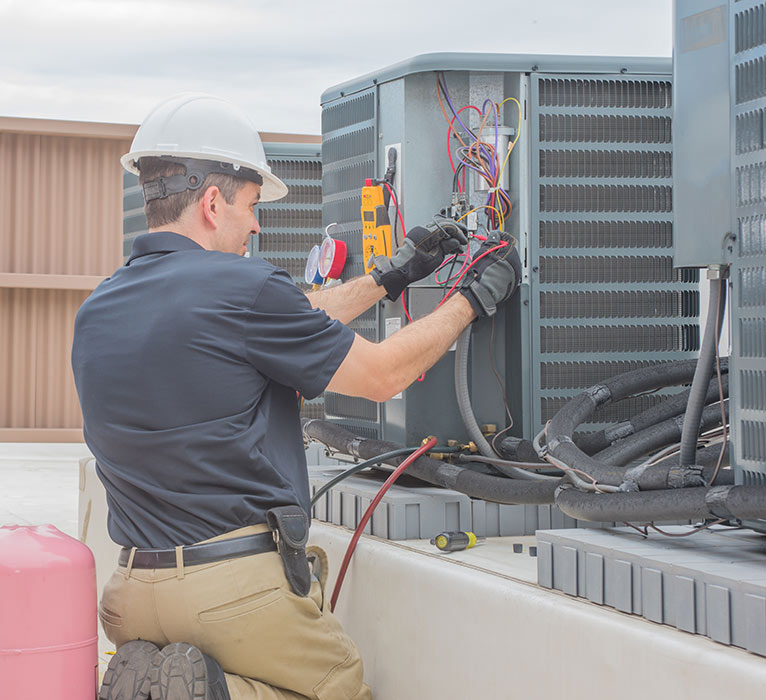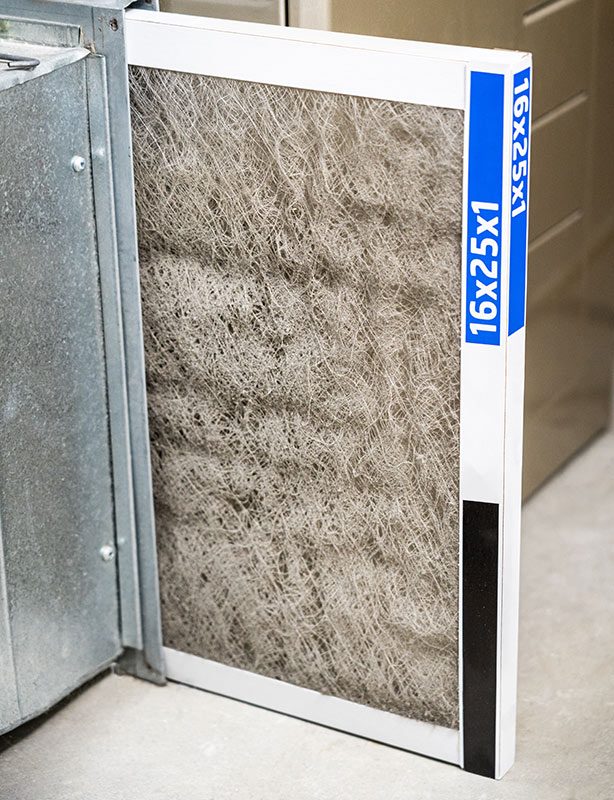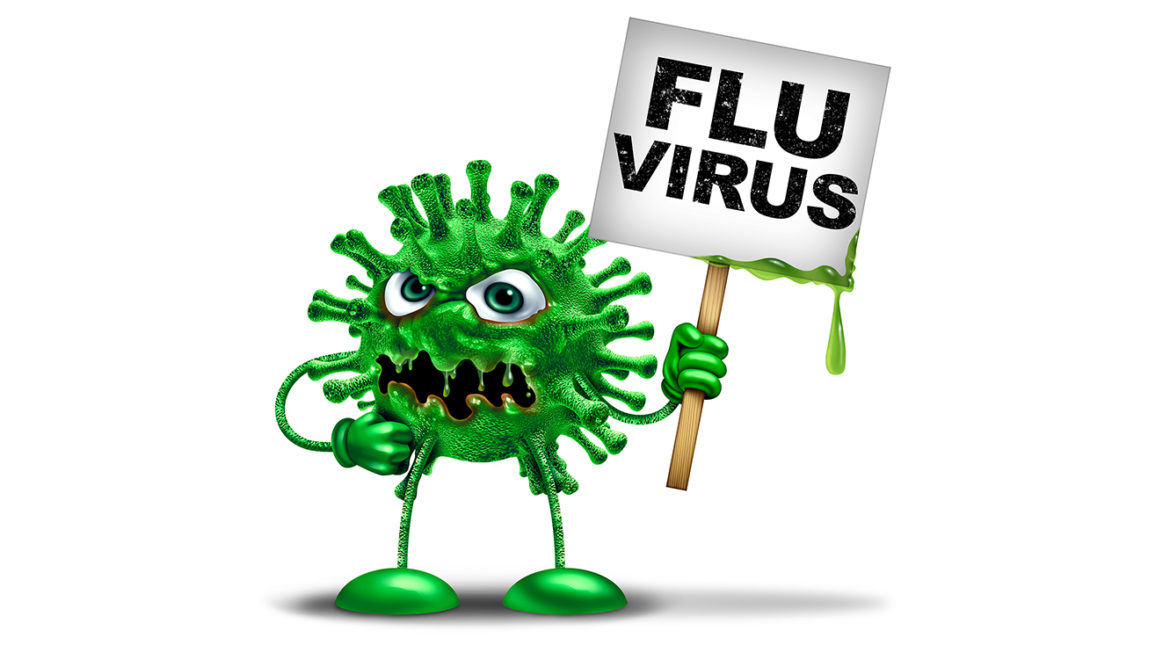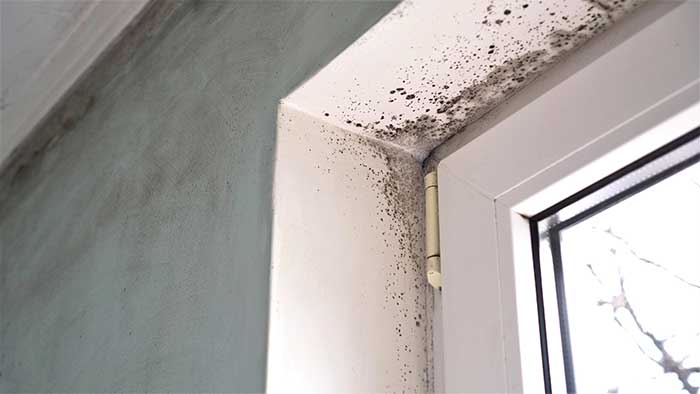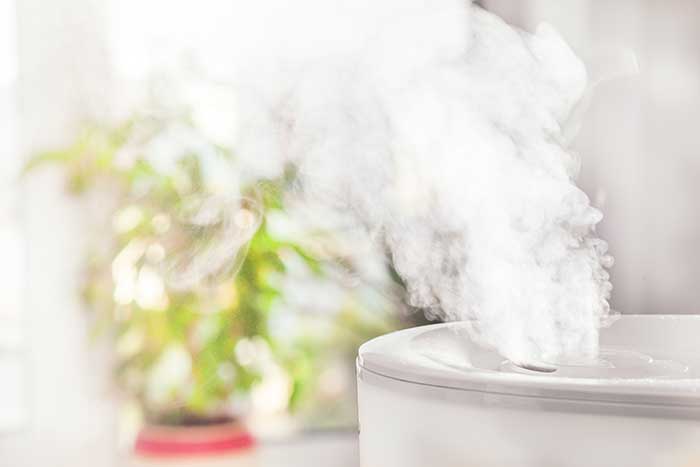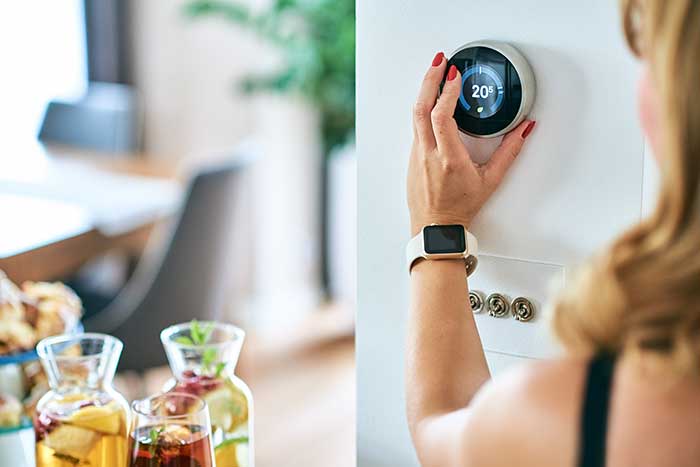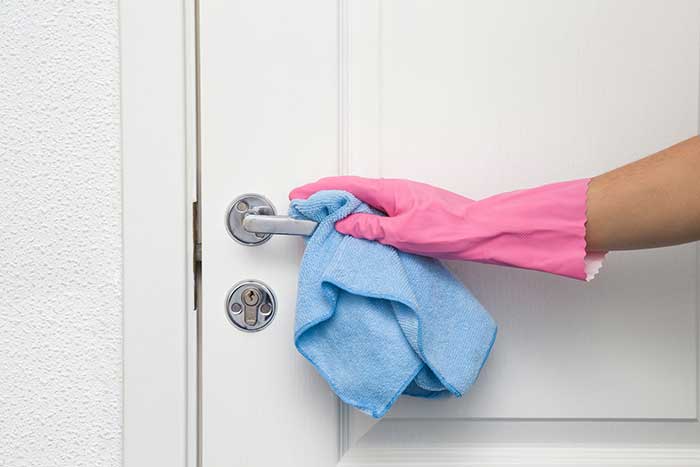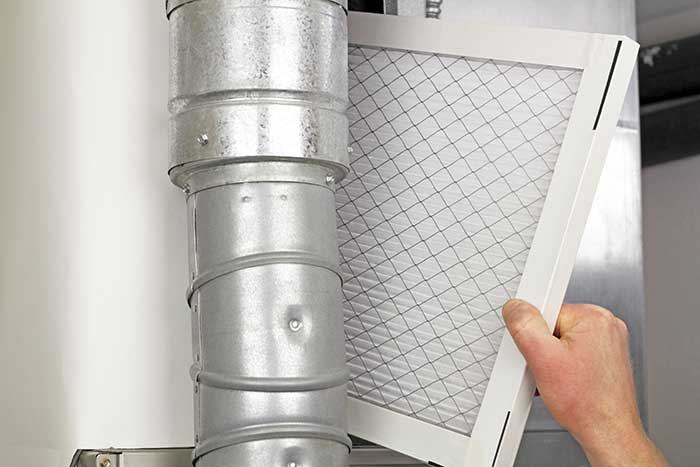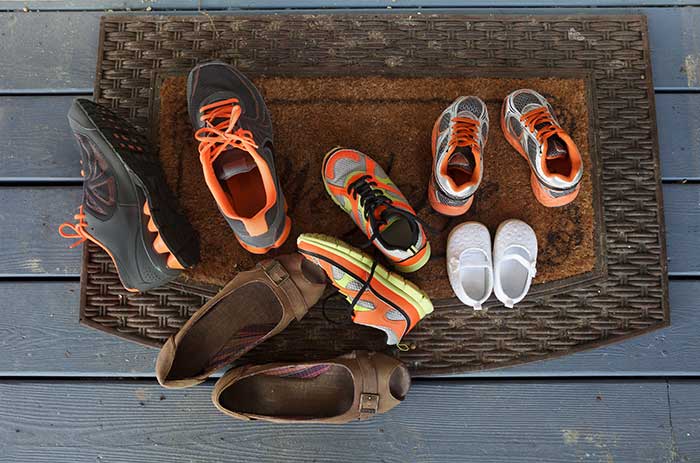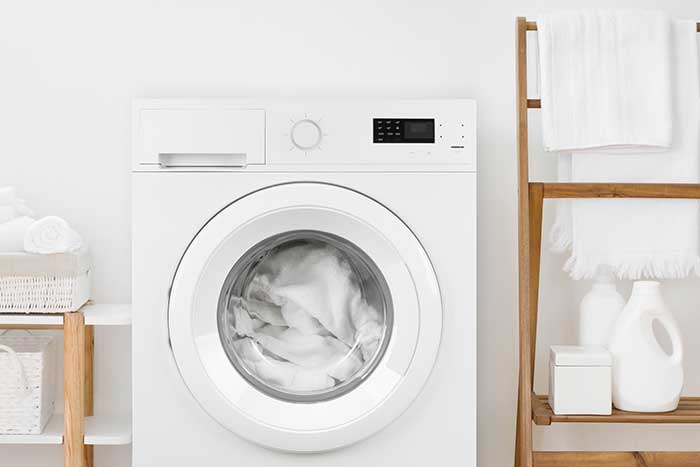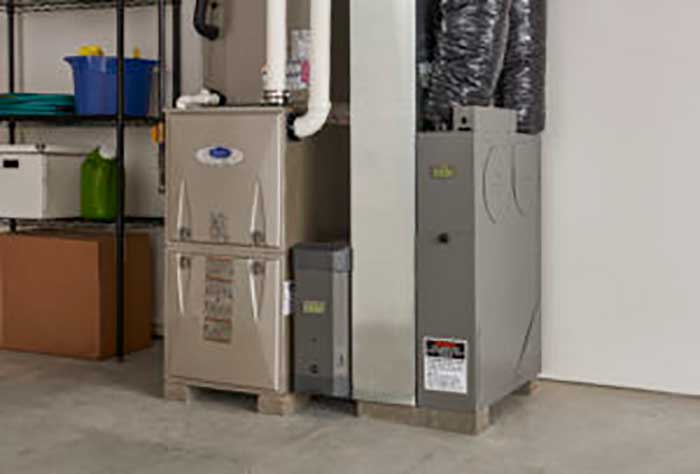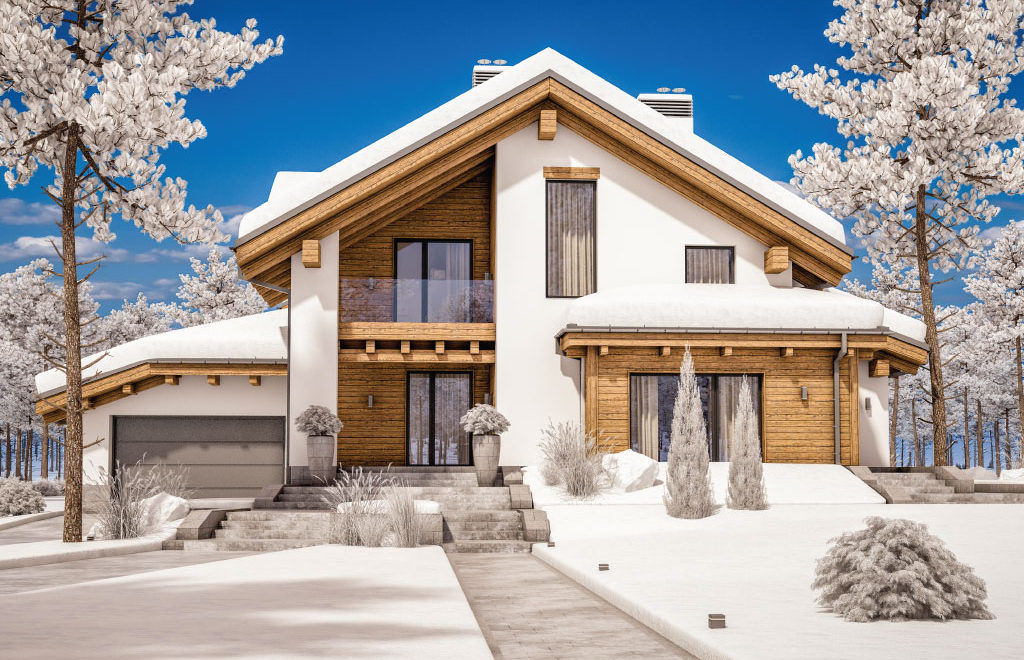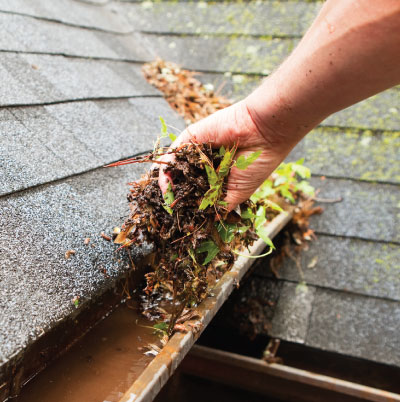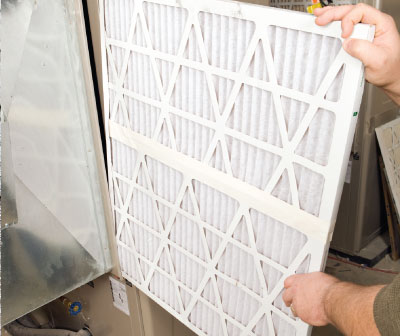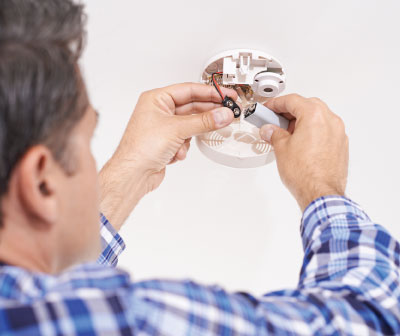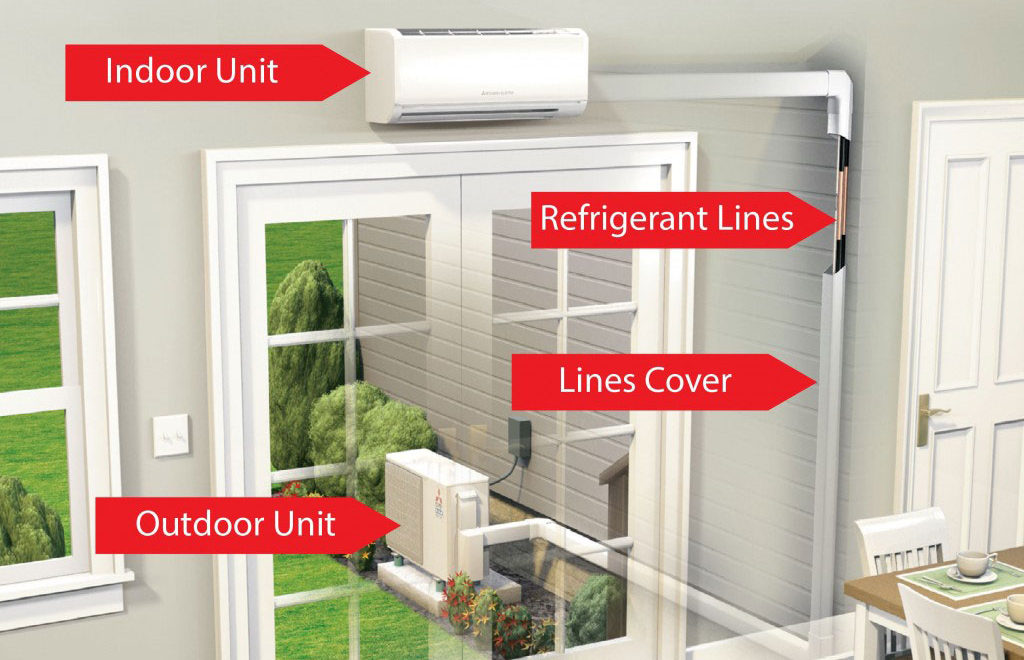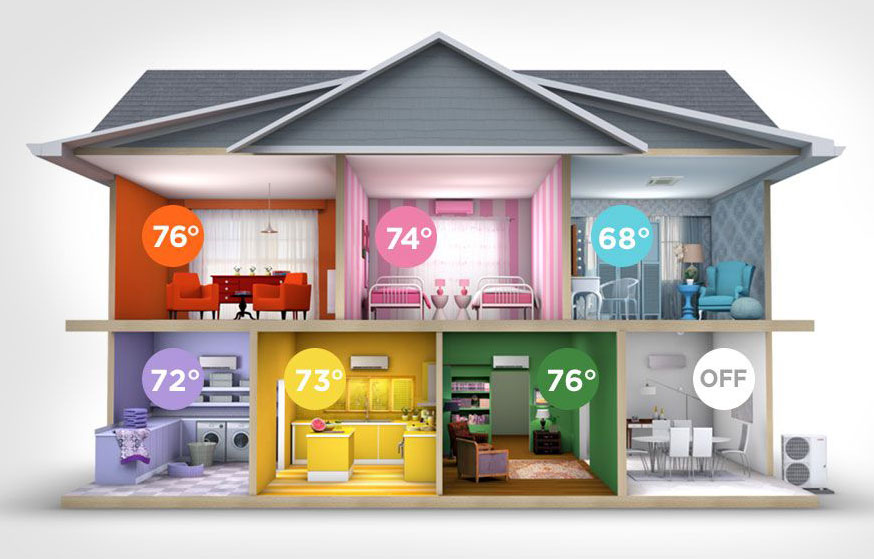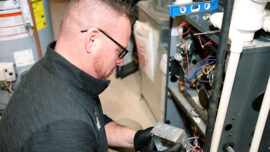How to Choose the Right Air Filter
Time to switch out the air filter in your HVAC system? Choosing the right air filter for your unit is a bigger deal than many people realize. We have found that most homeowners tend to rely on the filters available to them at their local hardware stores without really knowing how the filter they are purchasing will affect their comfort, as well as their utility bills. This is not a one-size-fits-all situation. Air filters are a crucial component of the whole HVAC system and need to be selected with care. Don’t worry, we’ve got you covered, here is what you need to know to choose the right filter and keep your system happy and running smoothly.
The Function is in the Name
Everyone knows what air filters do, they filter the air. However the retelling of the process might help you see its importance. Generally, there are two different materials you will see when selecting an air filter: spun fiberglass or pleated paper/cloth, both enclosed in a cardboard frame. What happens is the disbursed air throughout your home is sucked back into your HVAC system and then forced through these materials so they can trap the particles and contaminants, thus preventing them from recirculating.
Some examples of things your air filter is keeping out of your air:
- Mold & spores
- Pollen
- Pet hair & dander
- Bacteria /Microorganism
- Bust & dirt
- Fibers & lint
- Metal, plaster & wood particles
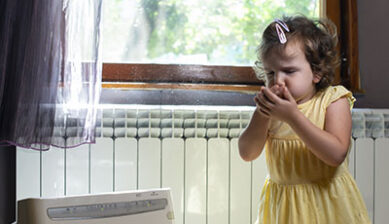
Can you imagine breathing in those particles? And it’s not only a health issue. If those contaminants are allowed to flow freely in your HVAC system they will eventually damage the unit. Not to mention the buildup would cause your system to work harder meaning more money spent. Who knew something framed in cardboard could be so pivotal?
MERV Ratings and Why They Are Important
First of all, who is MERV and why is he rating things? Don’t fret, most people have never heard of a MERV rating before either. MERV stands for “Minimum Efficiency Reporting Value”. Everything we buy comes in different levels of quality: low-end, mid-level, and high-end. It just depends on what you need it for and/or how much you want to spend.
Typically the MERV rating for residential filters is valued on a scale from 1-16. As you can imagine the level 16 rated filters will remove the smallest particles at the highest volume.
Here’s how its broken down:
- MERV 1-4: These are common with basic filtration at a low cost.
- MERV 6-8: Also common with better filtration. The material is pleated cloth or paper.
- MERV 9-12: Mid-range filters with pretty high efficiency: traps particles of 1 micron or larger.
- MERV 13-16: Highest efficiency and the best standard filters you can buy: traps particles as small as 0.3 microns and larger.
Filters do come higher than a MERV rating of 16 but they are too thick and dense for your standard residential HVAC systems. Check with a certified technician to see where your unit stands. They can help you if you want to go even further in air filtration, there are additional units that will work alongside your HVAC system to help clean and purify the air.
Many factors go into the decision of which filter to buy. Maybe someone in your home suffers from allergies or asthma, maybe you have pets that shed a lot, a new baby or an elderly person living in-home, or even just that cannot stand the sight of excess dust, you might want to consider a higher grade filter.
Maintenance is Key
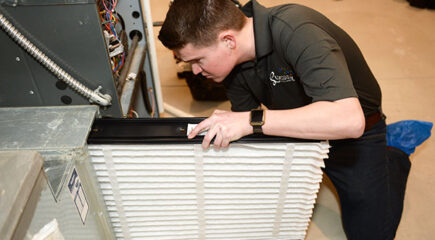
Properly maintaining your HVAC unit is very important. Dirty, clogged air filters cause:
- Malfunctions and sometimes even damage
- Reduced airflow
- Contaminants released back into the air
- Further buildup in your ductwork leading to avoidable cleanings
- Higher bills from your system working harder than necessary.
Typically you should switch out your filters every 90 days but we suggest you check them once a month. Many factors can affect the filtration process and cause need for an early exchange. During your inspection, remove the filter and put it to the light, if you cannot see the light through the filter it is time for a change.
Now, if your filter is due for a change or you simply want to make sure you’ve got the right one, call us today at Luxury Heating & Cooling. We would love to be a part of your choice. We can visit your home and determine if you have proper air flow and appropriate filtration for your heating and cooling system. The proper filter will optimize your utility bills, safeguard your system’s equipment and maximize the comfort in your home. Proactively prepare your AC system for the coming summer months by making sure it is clean and happy today!

